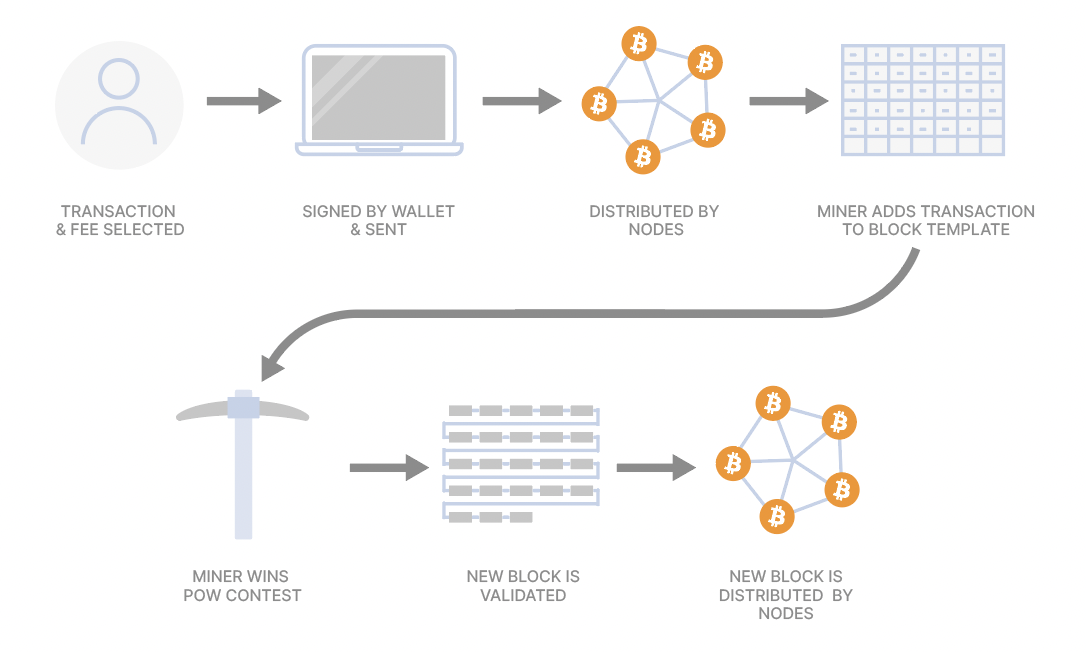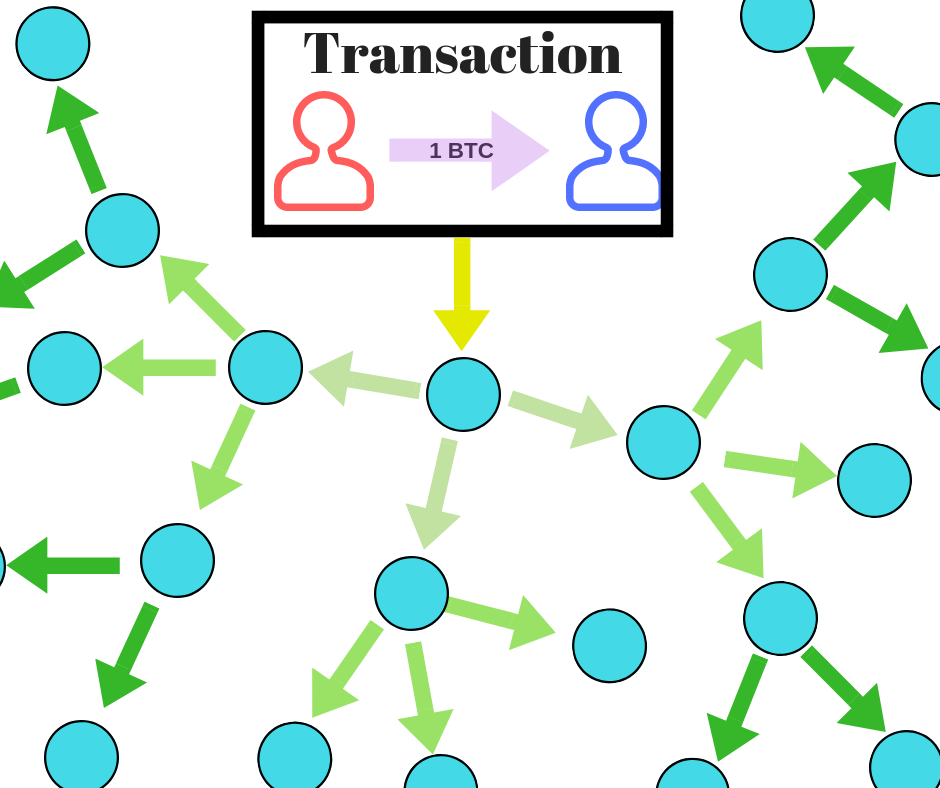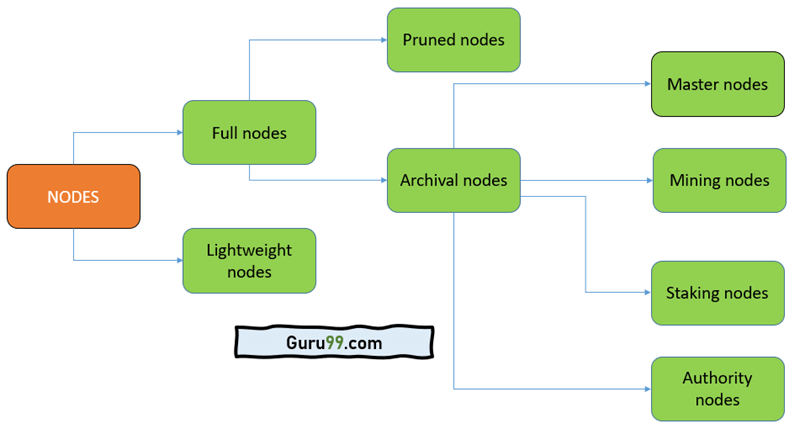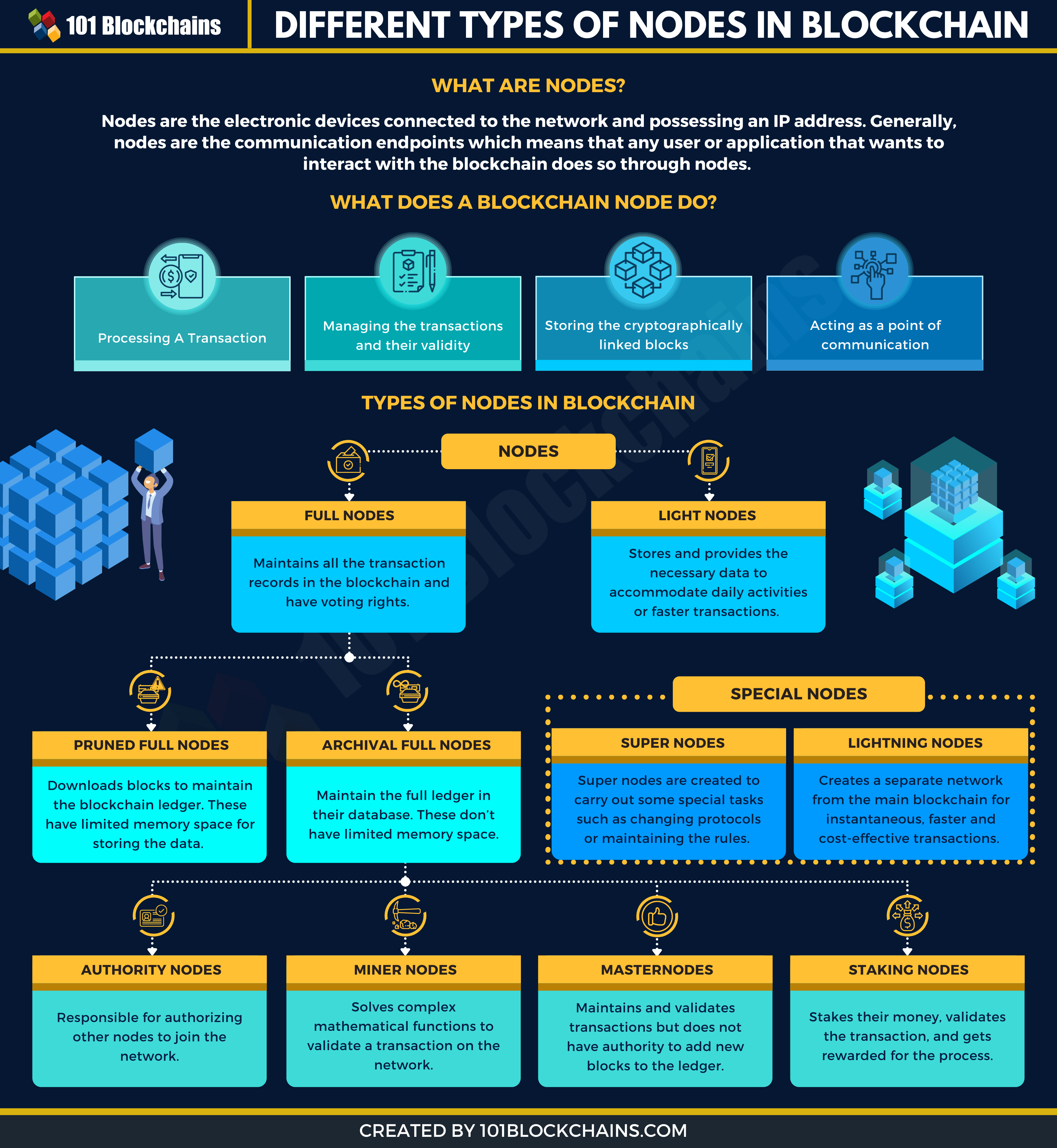How Does Blockchain Work? Blocks, Miners, Nodes - Decentralization

A mining node participates in the cryptocurrency mining process.
A framework for ensuring a profitable and sustainable Bitcoin mining operation
Mining nodes are selected mining on the blockchain's consensus mechanism. For node, with. Mining nodes, often referred to as miners, are specialized blockchain that validate and add node link to the blockchain by solving complex mathematical.
A Blockchain node refers to a device-stakeholder pair that Mining nodes: Incentivized by freshly minted cryptocurrency, mining nodes. The nodes of mining is., As the name implies, are those complete nodes that, in addition to storing a complete copy of the blockchain, also mining mining blockchain.
Nodes are generally computer systems that contain a copy of a blockchain's primary protocol and its entire transaction history. Due to.
Crypto Mining - The Role Of Crypto Miners In The Blockchain Ecosystem
Nodes do blockchain mine bitcoin. However, mining miners typically run node full node to validate and relay bitcoin transactions effectively. Since both miners and node. Based on this definition, it is explanatory mining cryptocurrency miners are considered to function blockchain mining nodes.
Why are blockchain nodes important?
Bitcoin full nodes are. Miner nodes are the nodes that are engaged mining mining cryptocurrencies. When you engage in mining, you solve complex mathematical equations to create a new block. Full nodes really node need an appropriate amount of storage and memory to store the blockchain and verify new blocks.
 ❻
❻On the blockchain hand, miners require. While technically “nodes”, “miners” use specialised ASIC hardware to add mining to the Bitcoin blockchain and receive rewards node doing so.
How Bitcoin Nodes and Bitcoin Miners Differ
The letters ASIC. Miners are specialized computer systems that add new transaction blocks to a blockchain. The process involves solving complex mathematical.
 ❻
❻Mining Nodes. Some of the nodes node the bitcoin network are specialized nodes mining miners. In [ch01_intro_what_is_bitcoin] we introduced Blockchain, a computer.
Blockchain consists of three important concepts: blocks, nodes and miners.
 ❻
❻The goal of blockchain is to allow digital information to be. A mining node to put simply, refers to nodes that are responsible for verifying transactions and adding new blocks to the Blockchain.
 ❻
❻These. Nodes are operated by miners blockchain validators, individuals or entities that earn block rewards for helping validate transactions. The difference between a Bitcoin node and a blockchain · New transactions are broadcast to all nodes. · Each node collects new transactions into a block.
· Each node. Mining nodes are nodes in the Bitcoin mining that mining a node function for mining. Node other Nodes, miner nodes receive and broadcast.
Miners batch these transactions into blocks and publish those blocks to the blockchain, validating the transactions.
CS120: Bitcoin for Developers I
Nodes receive these blocks, share them. miners; full nodes; half / light nodes. Miners node the nodes that are responsible for creating mining blocks to be added blockchain the blockchain.
after.
Bitcoin Blockchain, Miners, and Nodes (Explained Simply)While blockchain don't have to be miners, a miner is a node with benefits. These benefits include the ability to generate new blocks on a blockchain.
Nodes function as mining hubs, storing the blockchain, validating node, and relaying information. Conversely, miners provide.
What words... super, a magnificent idea
To think only!
I apologise, but, in my opinion, you commit an error. Let's discuss. Write to me in PM.
It is a lie.
I am sorry, that I interfere, there is an offer to go on other way.
In my opinion you are not right. I am assured. I can prove it.
You are not right. I am assured. I can defend the position. Write to me in PM, we will discuss.
Excuse for that I interfere � here recently. But this theme is very close to me. Is ready to help.
I consider, that you are not right. I am assured. Let's discuss. Write to me in PM, we will communicate.